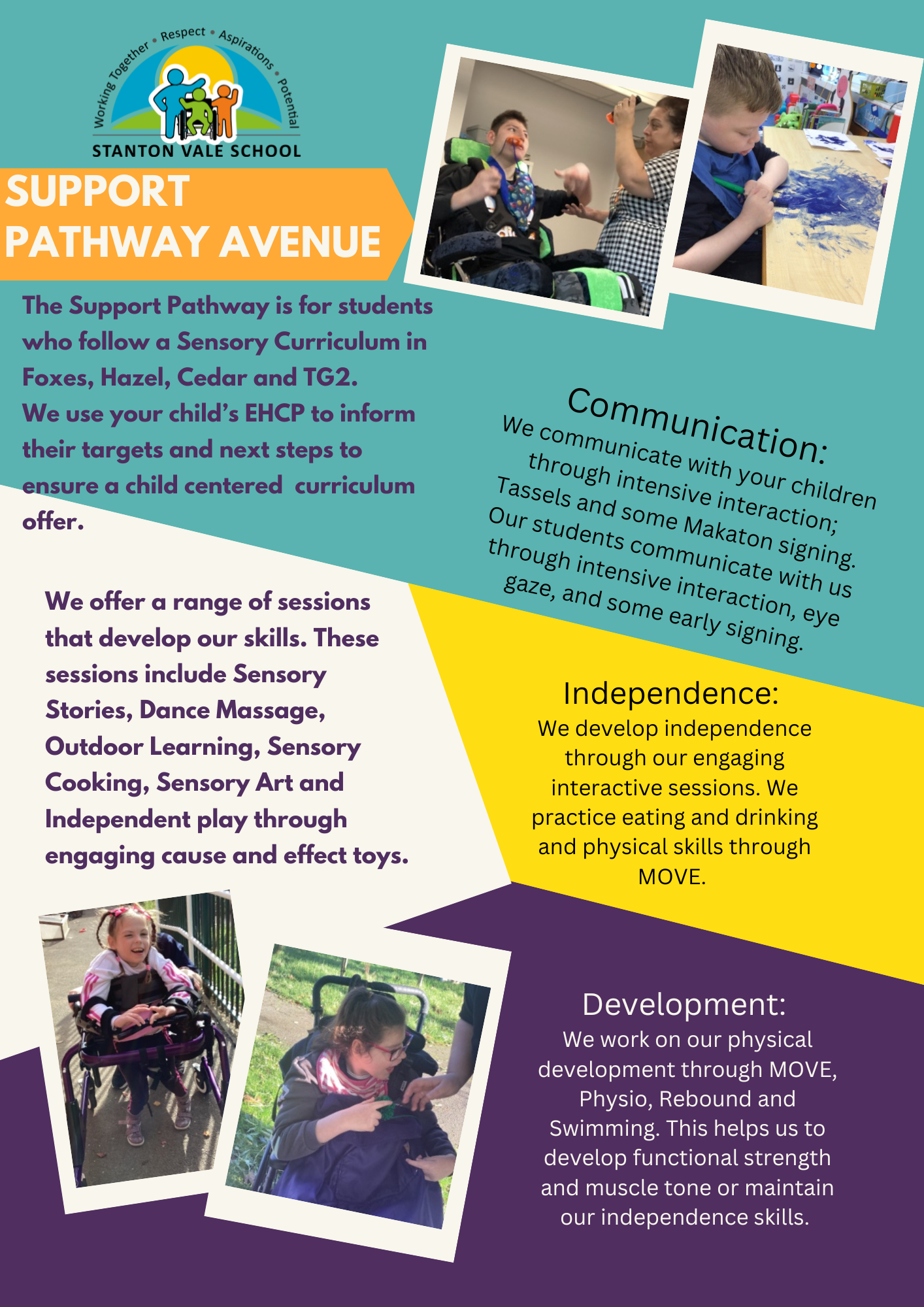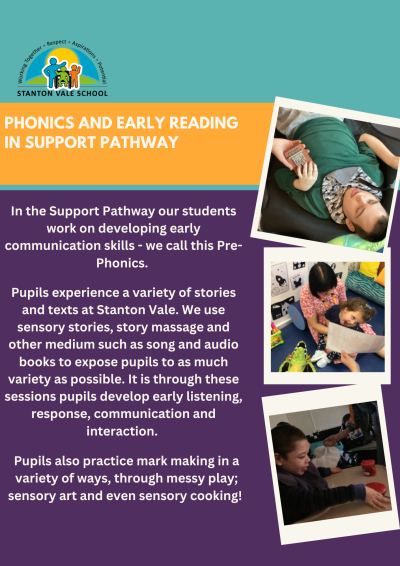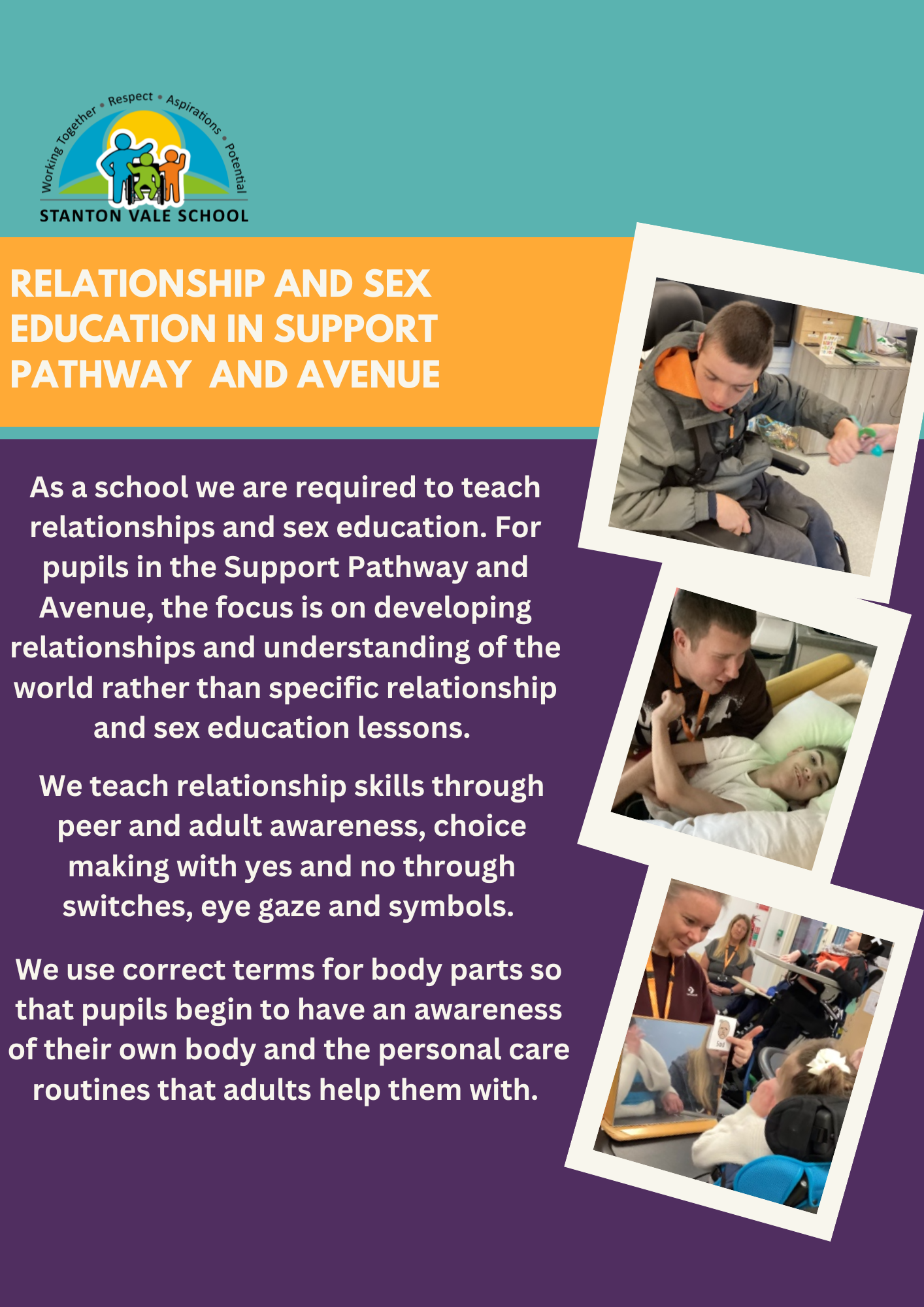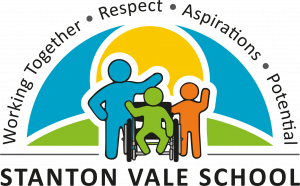Support Pathway & Avenue
The Support curriculum Pathway and Avenue are designed for children with Profound and Multiple Learning Difficulties (PMLD). It provides pupils with a range of multi-sensory activities tailored to help them meet their EHCP outcomes. The Pathway aims to promote communication skills, interaction, engagement, and independence through highly personalised strategies, building on each pupil’s strengths and preferences.
The curriculum focuses on four key areas of learning opportunities:
Communication and Interaction:
Staff are responsive to any subtle attempts pupils make to interact or communicate, employing various methods, including Intensive Interaction.
Pupils are given opportunities to respond to objects, interact with others, and communicate their likes/dislikes, requests, and choices through sensory activities such as story massage, sensology, and sensory stories.
Cognition and Learning:
Pupils require support to explore and interpret the world around them. They engage in multi-sensory, interactive activities multiple times to learn and consolidate new skills. Pupils are encouraged to explore and realise they can control their immediate environment. Activities include resonance boards, sensory art, and communication through touch and music.
Pre-Phonics skills are developed through Early Awareness, Encountering, and Response. Topic texts are chosen to create engaging, age-appropriate learning opportunities and foster a love of reading.
Sensory and Physical:
Postural support, positioning, and physiotherapy are core components of the Support Curriculum.
Pupils are provided with opportunities to move independently and with support.
Physical activities include the MOVE programme, body awareness, fine motor, gross motor, and mobility exercises.
All pupils have a physiotherapy program identified by a physiotherapist and occupational therapists, outlining daily stretches, postural changes, and equipment to support and challenge pupils.
All pupils have a moving and handling program created by the class team with support from physiotherapists and occupational therapists. The program includes body awareness activities such as yoga, rebound therapy, and hydrotherapy.
Sensory activities incorporate vision, hearing, taste, smell, and touch, including sensory stories and sensology.
Class staff work closely with a specialist teacher for the visually impaired, supporting students to make the most of their vision.
Independence:
All pupils are encouraged to become as independent as possible and to exert their independence during all activities. Developing independence and self-help skills can be challenging for those with PMLD due to their complex physical and medical needs. Staff take an innovative approach to independence, aiming to support learners by developing communication, interaction, and choice-making through various augmentative communication methods such as eye gaze, eye pointing, and E-tran frames where appropriate.



